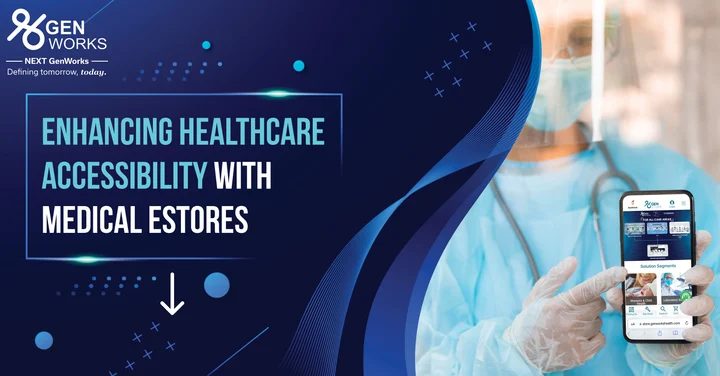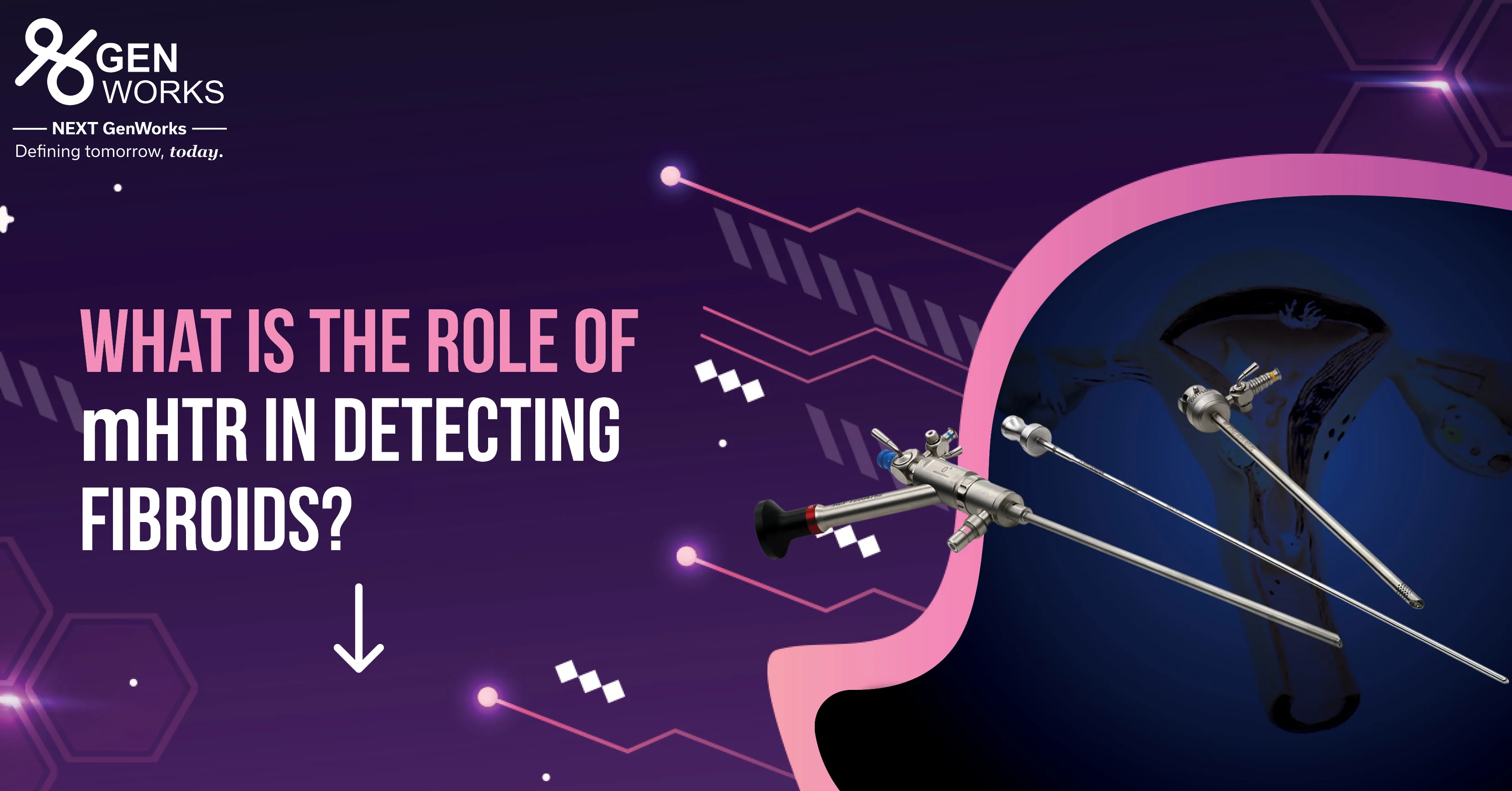Enhancing Healthcare Accessibility with Medical E-Stores

In today's fast-paced, digital-driven world, accessibility is a key consideration in nearly every sector. Healthcare, a field traditionally tied to brick-and-mortar establishments, is undergoing a transformative shift thanks to the advent of medical e-stores. These online platforms are revolutionizing how the healthcare community accesses healthcare products and services, making it more convenient, efficient, and inclusive.
In this blog, we will explore how do medical e-stores enhance healthcare accessibility. Keep reading to know more about the impact of medical e-stores on the development of the healthcare industry.
The Rise of Medical E-Stores
Medical e-stores are online platforms where consumers can purchase a wide range of healthcare products, including medications, over-the-counter drugs, medical devices, and wellness products.
The rise of these platforms can be attributed to several factors:
-
Technological Advancements: The proliferation of the internet and smartphones has made online shopping a part of daily life for many people. This technology enables the seamless integration of e-commerce into healthcare.
-
Consumer Demand: Patients are increasingly seeking convenience and efficiency in their healthcare experiences. Medical e-stores meet this demand by offering products that can be ordered from the comfort of your home and delivered quickly.
-
COVID-19 Pandemic: The global pandemic accelerated the adoption of online healthcare services as people sought to minimize physical contact and reduce visits to crowded places like medical e-stores.
Benefits of Medical E-Stores:
The benefits of medical e-stores are manifold, particularly in terms of accessibility and convenience:
-
24/7 Availability: Unlike traditional medical stores, e-stores are open around the clock. This ensures that patients can access the products they need at any time, without being restricted by business hours.
-
Geographical Reach: Medical e-stores break down geographical barriers, allowing patients in remote or underserved areas to access necessary healthcare products. This is particularly beneficial for individuals living in rural areas with limited access to physical pharmacies.
-
Ease of Use: User-friendly interfaces and mobile apps make it simple for patients to find and order the products they need. Features like home delivery and subscription services for regular medications add to the convenience.
-
Price Transparency and Comparison: E-stores often provide detailed product information and the ability to compare prices across different brands. This transparency empowers patients to make informed decisions and find cost-effective solutions.
-
Privacy: For many patients, privacy is a significant concern, especially when purchasing certain medications or healthcare products. Medical e-stores offer a discreet way to order these items without the need for face-to-face interactions.
-
Home Delivery: By delivering medical products directly to the homes of healthcare professionals, e-stores eliminate the need to travel to a store which can be a significant barrier for many.
Summing It Up:
Medical estores represent a significant advancement in the quest to enhance healthcare accessibility. By leveraging technology, these platforms make it easier for patients to obtain the products and services they need, thereby improving health outcomes and patient satisfaction.
As the healthcare landscape continues to evolve, the role of medical e-stores is likely to expand, offering even more innovative solutions to meet the diverse needs of patients worldwide. Ensuring regulatory compliance, quality assurance, and bridging the digital divide will be key to maximizing the benefits of this promising development in healthcare.




